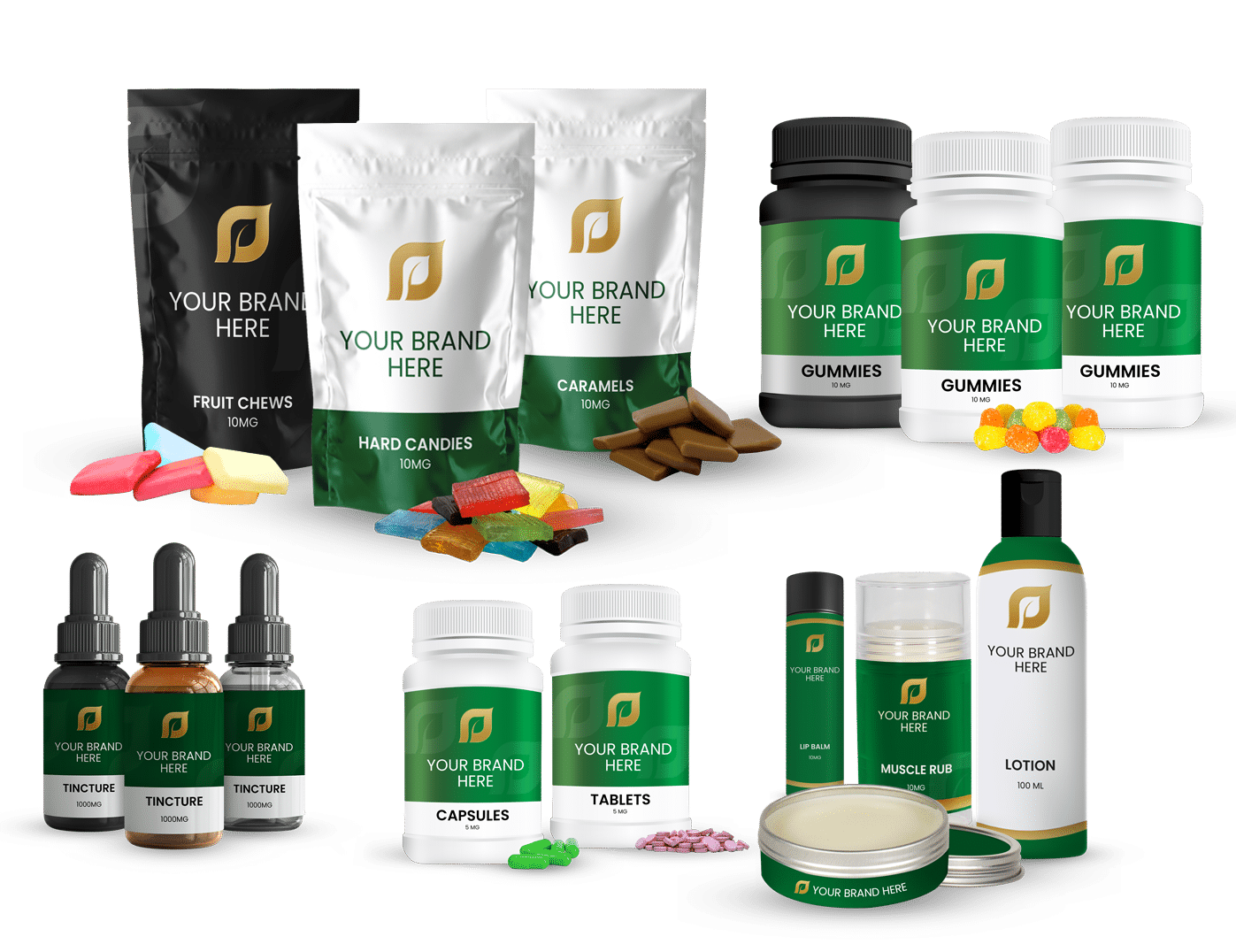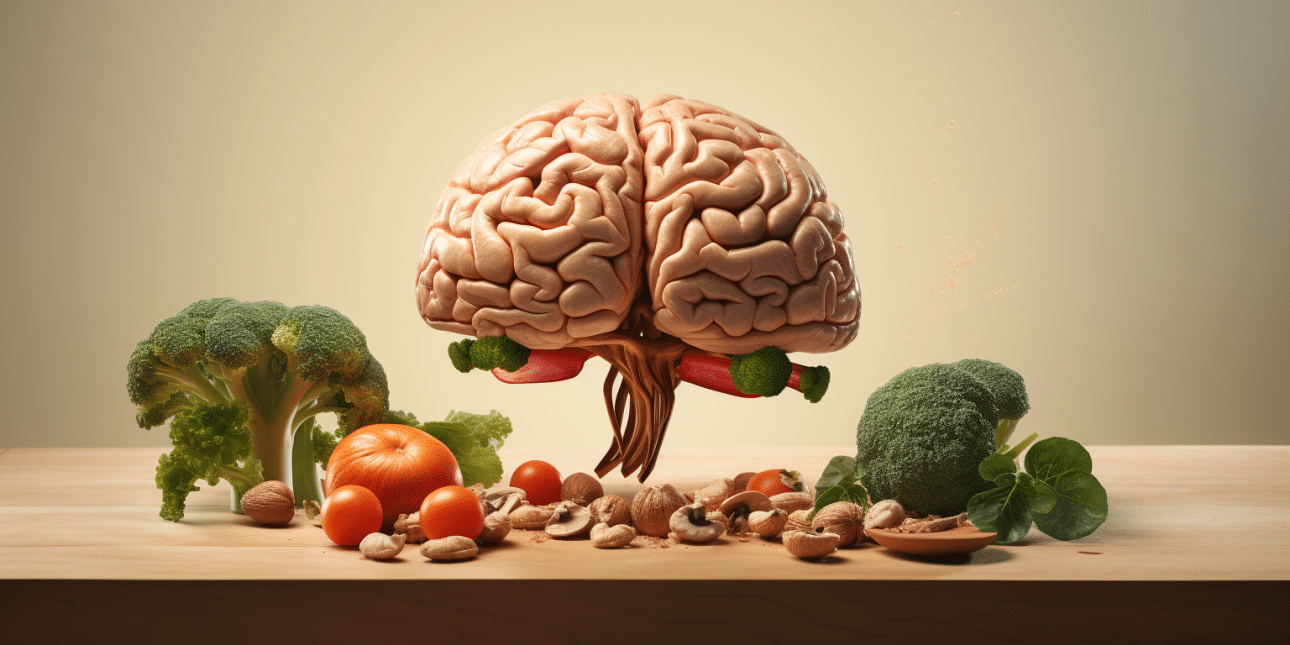Functional mushrooms like reishi, lion’s mane, or Cordyceps contain compounds which may help regulate cholesterol levels by reducing blood lipid levels, hence contributing to overall health when integrated into a balanced diet and healthy lifestyle.
Table of Contents
ToggleIntroduction to Functional Mushrooms and Cholesterol
Cholesterol, a term you’ve likely heard countless times associated with health and diet, is more than just a word. It plays a crucial role in our bodies, but what precisely is cholesterol?
Definition of Cholesterol
Cholesterol is a waxy, fat-like substance found in all cells of the body. Your body needs cholesterol to make hormones, vitamin D, and substances that help you digest foods. While the body produces some cholesterol naturally, certain foods can also add to your cholesterol levels.
Importance and Dangers of Cholesterol
Just like oil in a machine, cholesterol is essential for the proper functioning of our bodies. However, when there’s too much of it – especially the ‘bad’ kind – it has a tendency to build up on the walls of your arteries. This buildup narrows the passage within arteries and can slow or even block blood flow to your heart, brain, and other organs.
When blood flow to part of your heart is blocked, it can cause a heart attack. Similarly, blocked blood flow to your brain can result in stroke.
Role of Functional Mushrooms in Cholesterol Regulation
While it might sound like something from a fantasy novel or an exotic cuisine, functional mushrooms are very much real and have been used for centuries for their medicinal properties. These aren’t your everyday button mushrooms; functional mushrooms are special types like reishi, lion’s mane, or Cordyceps that have been used traditionally in various cultures for their health benefits.
One such benefit is their potential role in cholesterol regulation. Functional mushrooms contain compounds that may help reduce blood lipid levels — another term for fats in your blood including cholesterol.1 These mushrooms could potentially be used as part of a natural approach towards managing cholesterol levels and promoting heart health.
However, while promising, it’s important to remember that functional mushrooms should not replace traditional treatment options for high cholesterol but can be considered as part of an overall healthy lifestyle that includes regular exercise and a balanced diet.
Understanding The Impact of Cholesterol on Health
It’s important to understand cholesterol’s impact on health to manage it effectively. Let’s delve into the intricacies of cholesterol, including conditions caused by high cholesterol levels and how lifestyle factors can influence these levels.
Familial Hypercholesterolemia and Its Risks
Familial hypercholesterolemia (FH) is a genetic disorder characterized by high cholesterol levels, specifically very high levels of low-density lipoprotein (LDL), or “bad cholesterol”, from birth.2 This condition increases the risk of developing heart disease at an early age.
Individuals with FH have a significantly elevated risk of heart disease and premature heart attacks due to the accumulation of LDL cholesterol in the arteries from a young age. It’s crucial that people with this condition seek medical advice and management as early as possible to mitigate these risks.
The Difference between LDL and HDL
Understanding the difference between LDL (Low-Density Lipoprotein) and HDL (High-Density Lipoprotein) is essential in grasping the overall picture of cholesterol’s impact on health.
Often referred to as ‘bad cholesterol’, LDL carries cholesterol from the liver, where it is produced, to various parts of the body. When there is excess LDL, it tends to deposit in the walls of blood vessels, leading to plaque buildup and narrowing arteries – a condition known as atherosclerosis.
On the other hand, HDL, or ‘good cholesterol’, performs a clean-up job. It collects excess cholesterol from body tissues and blood vessels, transferring it back to the liver where it can be broken down and removed from the body. Thus, having higher levels of HDL can help protect against heart disease.
Lifestyle Factors Influencing Cholesterol Levels
What we eat and how we live our lives can significantly affect our cholesterol levels. High consumption of saturated fats found in red meat and full-fat dairy products can raise your blood cholesterol level. Similarly, diets high in refined carbohydrates like white bread and sugar can also increase your LDL level.
In addition to diet, other lifestyle factors such as physical activity level, smoking habits, and stress management also play crucial roles in maintaining healthy cholesterol levels. Therefore, adopting healthier eating habits combined with regular exercise could potentially help manage your cholesterol levels effectively.
Dietary Recommendations for Managing High Cholesterol
Knowing what to eat and how to prepare food can make a big difference when it comes to managing high cholesterol levels. Here are some dietary recommendations and lifestyle changes to help keep your cholesterol in check.
Foods to Avoid or Minimize
When it comes to managing high cholesterol, some foods are better left off your plate. Foods rich in saturated fats, such as meat products, can raise your blood cholesterol level. Similarly, baked goods made with hydrogenated oils can also increase your LDL cholesterol.
In addition, pre-cooked and dried fast-food soups often contain high amounts of sodium and unhealthy fats that can contribute to raising blood cholesterol levels. Refined flours present in white bread, pasta, and rice are stripped of their fiber content, which plays a key role in controlling cholesterol levels.
Instead, opt for whole grains, fresh fruits and vegetables, lean proteins like fish and poultry, legumes and nuts which can help manage your cholesterol levels.
Preferred Cooking Techniques
The way you prepare food matters just as much as the food you choose to eat. Preferred cooking techniques for managing high cholesterol include boiling, steaming, and grilling. These methods allow you to cook food without adding unnecessary fats.
On the other hand, fried foods are notorious for increasing LDL (“bad”) cholesterol levels due to the unhealthy oils often used in frying. Similarly, breaded foods tend to absorb more oil during cooking while barbecued foods often involve sauces rich in sugars and unhealthy fats.
Transitioning towards healthier cooking methods may require some adjustments initially but remember that your health is worth the effort!
The Importance of Regular Physical Activity
While diet plays a major role in managing high cholesterol levels, regular physical activity is equally important. Exercise helps increase HDL (“good”) cholesterol while lowering LDL (“bad”) cholesterol and triglyceride levels.
Incorporating physical activity into your daily routine doesn’t have to be daunting. It could be as simple as taking a brisk walk during lunch breaks or using the stairs instead of the elevator. Aim for at least 30 minutes of moderate-intensity exercise most days of the week to maintain optimal heart health.
Role of Functional Mushrooms in Cholesterol Regulation
When it comes to natural methods of managing cholesterol, functional mushrooms have been used for centuries. Let’s explore the historical use and scientific findings about these medicinal mushrooms and how they influence cholesterol levels.
Historical Use and Scientific Findings about Medicinal Mushrooms
Medicinal mushrooms have been revered for their health benefits throughout history. Modern research is now catching up to these traditional uses, providing scientific evidence supporting their role in regulating cholesterol levels.
Shiitake Mushrooms and Their Benefits
Shiitake mushrooms are not just a culinary delight but also a powerhouse of health benefits. Studies show that they can help regulate both blood pressure and cholesterol levels.3 They are known to reduce LDL (the ‘bad’ cholesterol) while increasing HDL (the ‘good’ cholesterol). Additionally, shiitake mushrooms also possess natural antibacterial and alkalizing properties, contributing to overall wellness.
Maitake Mushrooms and Their Role in Regulating Lipid Levels
Maitake mushrooms are another variety that can help manage high cholesterol and triglyceride levels.3 These earthy-tasting mushrooms contain compounds that help regulate fat or lipid levels in the body, making them a beneficial addition to a heart-healthy diet.
Reishi Mushrooms and Their Antioxidant Effects
Reishi mushrooms, often referred to as the mushroom of immortality, have potent antioxidant effects. Research shows that they can decrease total cholesterol, triglycerides, and LDL cholesterol while increasing HDL cholesterol – all critical factors in maintaining heart health.4
Other Notable Mushrooms
Other notable mushrooms for cholesterol regulation include oyster and Cordyceps. Oyster mushroom has been shown to balance sugar and lipid levels in patients with type 2 diabetes.5 On the other hand, Cordyceps can reduce cholesterol and triglyceride levels, increase HDL, and reduce LDL levels providing a comprehensive approach towards cholesterol management.5
How Mushrooms Influence Cholesterol Levels
How do these fungi work their magic on your cholesterol levels? There are several ways medicinal mushrooms influence cholesterol levels:
Inhibition of Cholesterol Absorption
One way medicinal mushrooms manage cholesterol is by inhibiting its absorption into the bloodstream from the digestive tract. This helps reduce overall blood cholesterol levels.
Increase in HDL Levels
Some mushrooms, like shiitake mushrooms, increase HDL or ‘good’ cholesterol levels. Higher HDL means better protection against heart disease as it helps remove excess cholesterol from your arteries.
Reduction of LDL Levels
Medicinal mushrooms can also help reduce LDL or ‘bad’ cholesterol levels through various mechanisms including influencing liver function and reducing inflammation.
Suppression of Carbohydrate Absorption
Finally, medicinal mushrooms can suppress carbohydrate absorption which indirectly aids in managing blood lipid profiles since excessive carb intake can contribute to high triglyceride levels.
While functional mushrooms offer promising potential in aiding cholesterol management, they should be used as part of an overall balanced diet and healthy lifestyle rather than a standalone solution.
Incorporating Mushrooms into a Heart-Healthy Diet
Mushrooms aren’t just for topping pizzas or enhancing gourmet dishes. They also pack a punch when it comes to health benefits, especially for cholesterol management. Let’s explore how to incorporate these superfoods into a heart-healthy diet.
Overview of Mushroom Species with Beneficial Effects on Lipids
Mushrooms, with their low fat and high soluble fiber contents, are ideal candidates for dietary prevention of atherosclerosis—a condition related to high cholesterol.6 Certain species like shiitake and oyster mushrooms, in particular, have shown promising results in decreasing total cholesterol levels in both laboratory animals and humans.
Understanding Dose-dependent Reduction in Lipids
Research has shown that the lipid-lowering effect of mushrooms is dose-dependent. This means the more you consume, the greater the potential effect on your lipid levels. Interestingly, this effect seems to be more pronounced when a high-fat or high-cholesterol diet is consumed.
However, it’s important to remember that while adding more mushrooms to your diet can help manage cholesterol levels, it should not replace other heart-healthy habits.
Potential Benefits Beyond Cholesterol Management
Mushrooms bring much more to the table than just cholesterol management.
Mushrooms as a Source of Vitamins and Minerals
High in fiber and protein and low in refined carbohydrates and saturated fat, mushrooms make an excellent addition to a heart-healthy diet. Some varieties like white button, portabella, and cremini mushrooms also provide a source of vitamin D—a nutrient often missing from many diets.
Promoting a Healthy Gut Microbiome with Mushrooms
The beneficial polysaccharides found in mushrooms stimulate the growth of healthy bacteria in the gut. A healthy gut microbiome plays a crucial role in overall health including heart health.
Role of Mushrooms in Cancer Prevention and Cognitive Health
Regular mushroom consumption can lower cancer risk by as much as 45%.7 Additionally, certain types such as golden, oyster, shiitake, and white button mushrooms may reduce the risk of mild cognitive impairment – another reason to add these versatile foods to your plate!
Essential Precautions When Consuming Mushrooms
While the benefits are many, precautions should be taken when consuming mushrooms. Always ensure that you’re consuming edible varieties as certain wild types can be poisonous. If you’re new to certain varieties or sourcing from the wild, always consult an expert before consuming.
Incorporating mushrooms into your diet provides numerous health benefits beyond just managing cholesterol levels—truly making them a superfood worth considering.
References
- https://www.sciencedirect.com/science/article/abs/pii/S1756464610000630
- https://www.cdc.gov/genomics/disease/fh/FH.htm
- https://pubmed.ncbi.nlm.nih.gov/3443885/
- https://www.healthline.com/nutrition/reishi-mushroom-benefits
- https://www.ncbi.nlm.nih.gov/pmc/articles/PMC10058372/
- https://www.sciencedirect.com/science/article/pii/S0022316622166897
- https://www.sciencedaily.com/releases/2021/04/210421200133.htm








